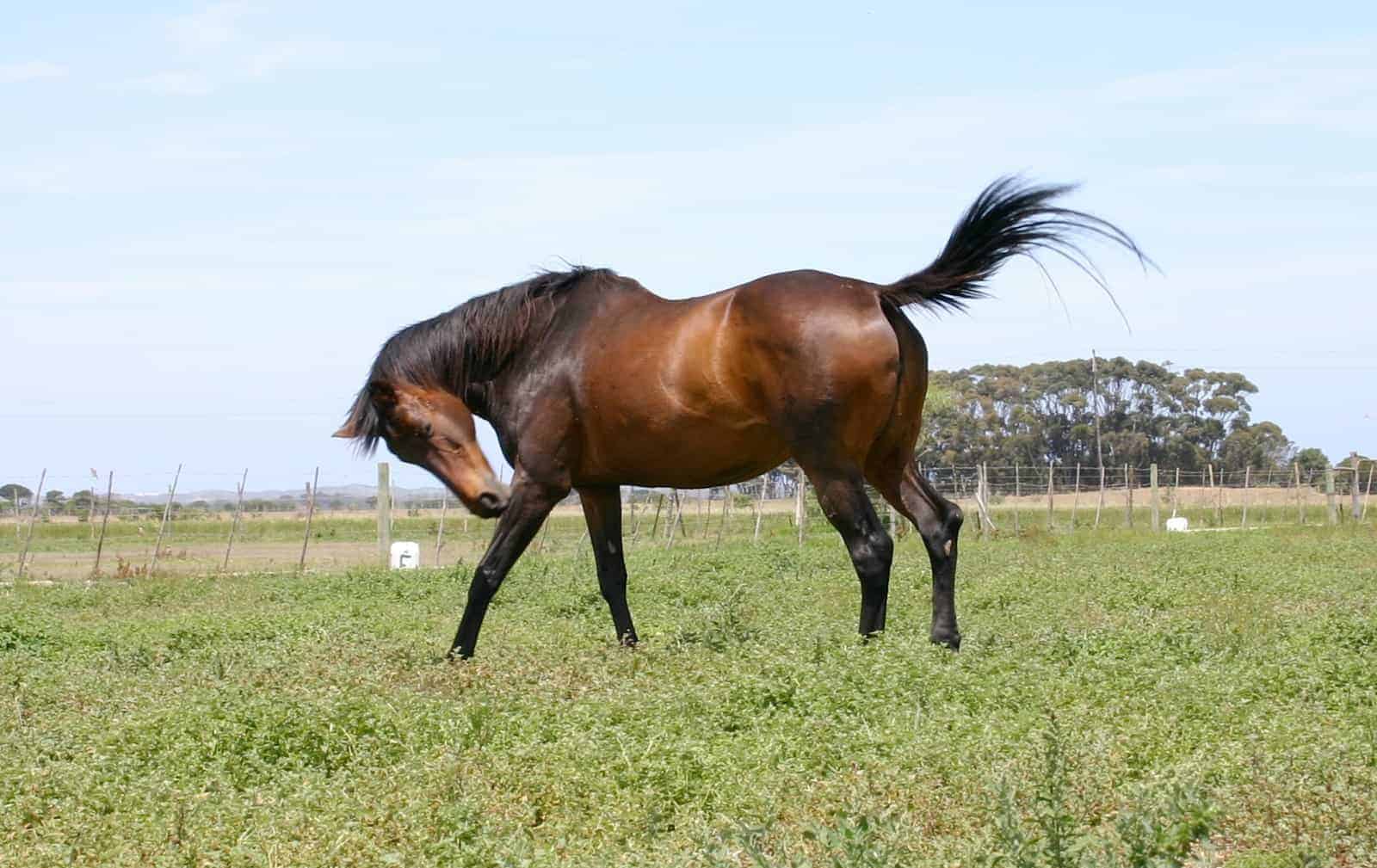Equine Insect Bite Hypersensitivity: Call a Vet or Treat it Yourself?

Many horse owners are quick to call a veterinarian in emergency situations, but what about less pressing ones? If your horse had a chronic, difficult-to-treat, but not necessarily life-threatening condition, would you call the vet or try to manage it yourself?
Researchers recently asked that question to owners with horses suffering from insect bite hypersensitivity (IBH, an itchy and hard-to-manage reaction to biting insects’ saliva). They found that horse owners attempt to manage the condition on their own until it becomes severe. Then, they call a veterinarian.
“I was surprised that, given the frustration that owners reported they were experiencing in trying to manage sweet itch, veterinarians were not consulted more often or earlier in the course of the problem,” said Philip Robinson, BVMS, DSVM, MSc, PhD, PgCert, TSLHE, FHEA, MRCVS, a senior lecturer in the Harper Adams University Department of Animal Production, Welfare, and Veterinary Sciences, in the U.K. He advised undergraduate student Hannah Lomas in her recent study on the topic
Create a free account with TheHorse.com to view this content.
TheHorse.com is home to thousands of free articles about horse health care. In order to access some of our exclusive free content, you must be signed into TheHorse.com.
Start your free account today!
Already have an account?
and continue reading.
Written by:
Katie Navarra
Related Articles
Stay on top of the most recent Horse Health news with















